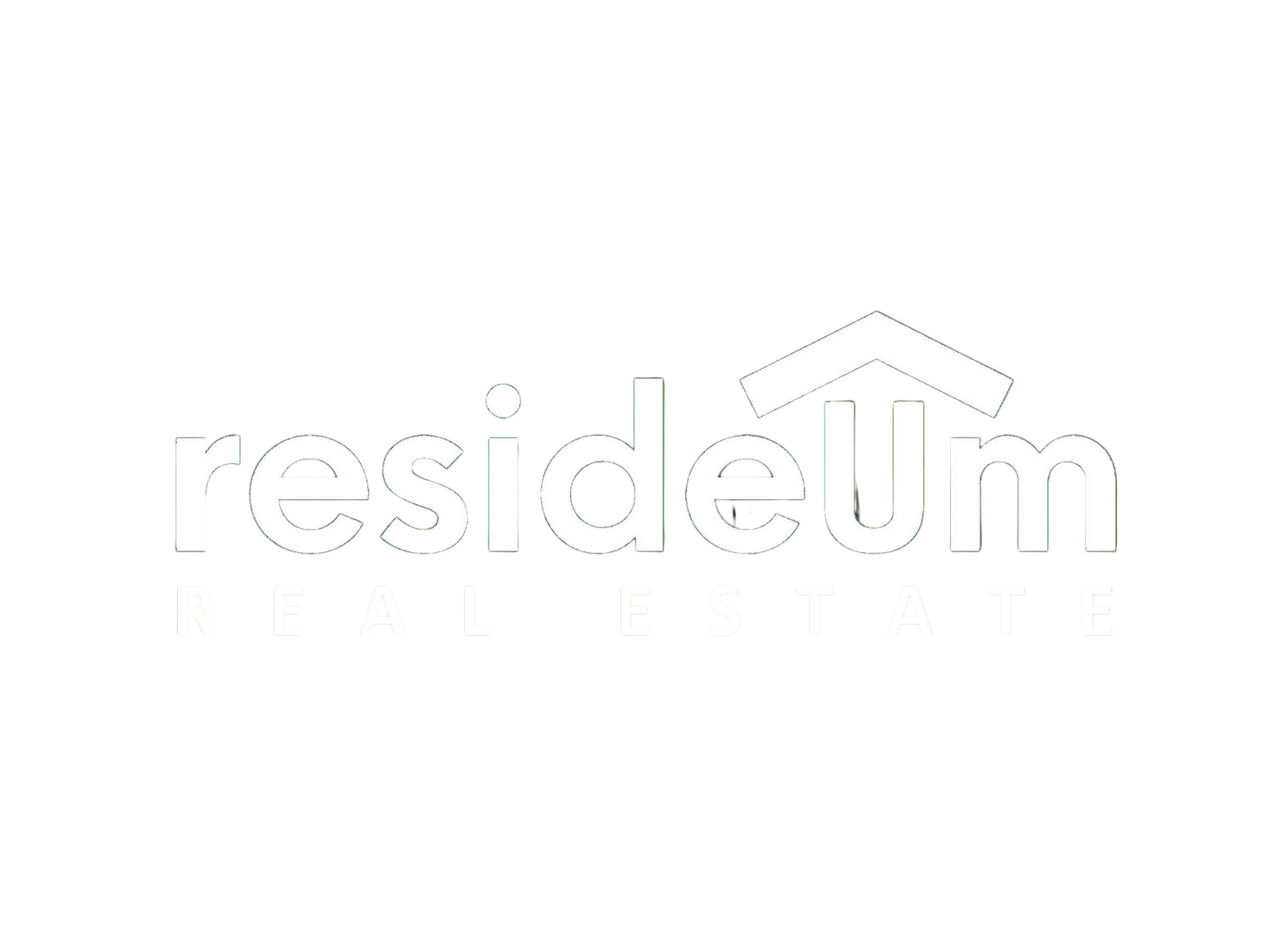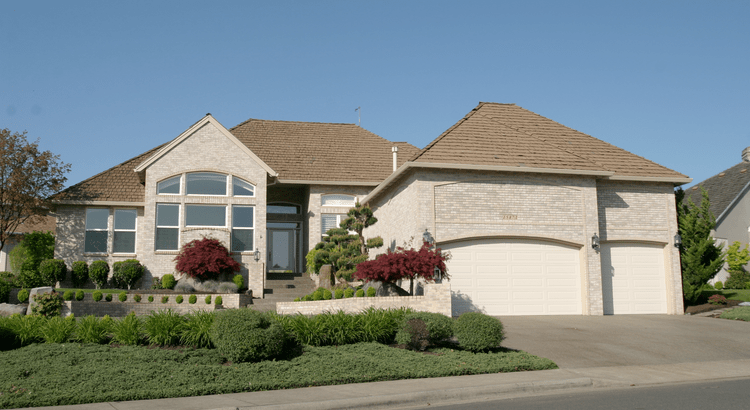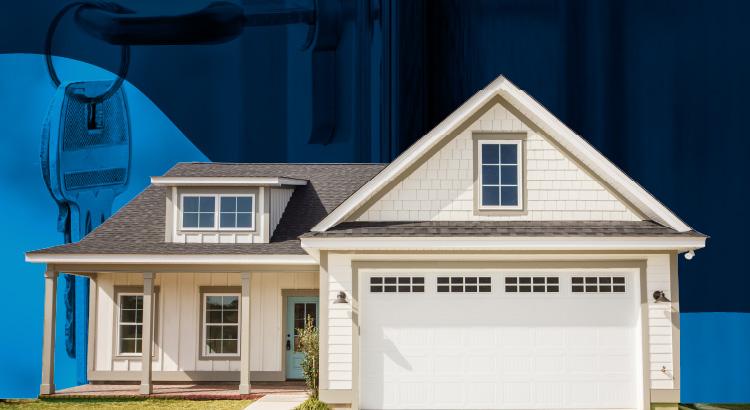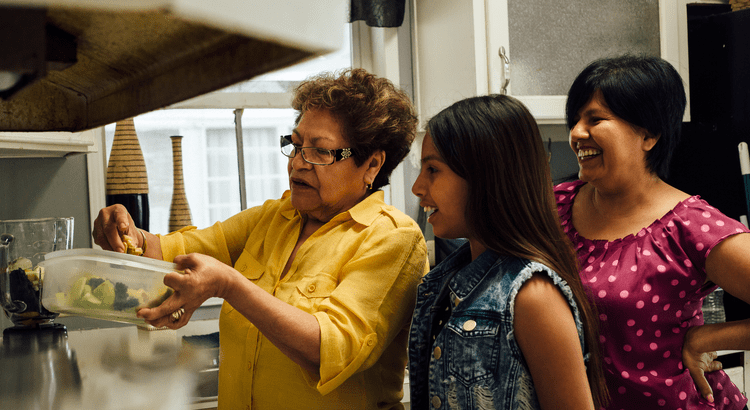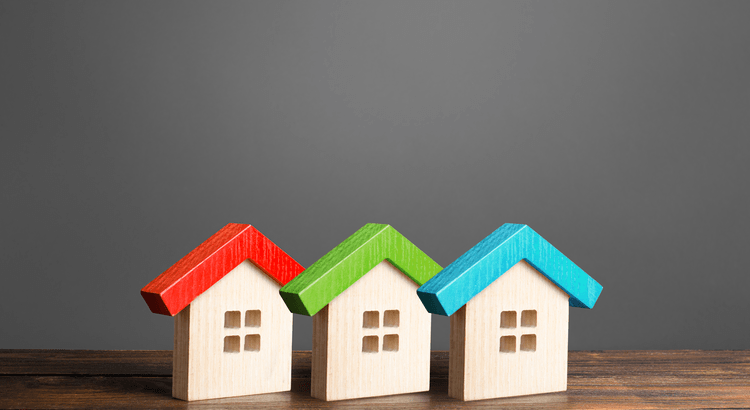If you watch or read the news and you wander into the real estate section, you will see articles talking about how unaffordable homes are. These articles point out how home prices keep increasing and how many people cannot afford homeownership in today’s economy.
However, home affordability has more to do with the lack of information than a lack of income. Indeed, many people considered low income earners cannot afford to buy a home due to the increasing prices. However, for most people, homeownership is attainable through government-backed home loans.
The Federal Housing Administration (FHA), the US Department of Agriculture (USDA), and the Department of Veterans Affairs (VA) guarantee these loans. Each of these home loans is meant for a specific type of applicant, ranging from first-time home buyers, lower-income applicants and military members.
Federal Housing Administration Home Loans
Government loans assigned by the FHA can help with affordability issues due to their lenient eligibility requirements, including a low 3.5% down payment requirement. As a result, these loans are perfect for first-time borrowers who might not have the highest income or the best credit score.
Additional eligibility requirements for these loans are:
- FICO credit score of 580.
- Steady two-year employment history.
- Social Security Number and lawful US Residency.
- Mortgage payment must account for less than 31% of gross income.
FHA home loans allow applicants who have gone through bankruptcies to qualify for a home loan. Chapter 7 recipients must have two years from their discharge date, while Chapter 13 recipients must have at least one. Although the latter must have a court trustee’s written approval and good credit post-bankruptcy.
Once the applicant meets the FHA loan eligibility requirements, they will enjoy some great benefits. These include lower closing costs and lower monthly mortgage payments. Applicant can also borrow more than the property is worth to cover any upgrade or repairs that might be required. These loans can be in either a 15-year fixed-rate mortgage or a 30-year fixed-rate mortgage.
US Department of Agriculture Home Loans
Loans administered by the USDA are targeted explicitly at helping lower-income families achieve the dream of homeownership. These loans have existed since 1991 to expand people’s access to home loans in rural areas. Since then, the program has helped over 1.5 million applicants purchase a home.
Eligibility for these types of loans requires the applicant to meet all eligibility requirements, which include:
- Must be a US Citizen.
- Stable job and income.
- FICO credit score of at least 640.
- Income must be at or below the low-income limit for the county.
- Make payments on time for one year.
Also, USDA loans are for modest single-family homes and manufactured homes. All safety and health hazards within the property must be removed or fixed. The loan can improve a home’s energy-efficiency or adapt it for a differently-abled family member.
After eligibility is determined, the applicant can enjoy the benefits that this loan provides, including zero down payment requirement, competitive interest rates, lower monthly mortgage insurance rates, and low closing costs. These loans can be taken out either as a 33-year fixed-rate mortgage or, in some cases, a 38-year fixed-rate mortgage.
Department of Veteran Affairs (VA) Home Loan
Since their creation in 1944, VA home loans have been considered some of the best home loans available. Unlike USDA and FHA home loans, VA home loans are for Veterans, Active Duty Service Members, and eligible spouses.
To be eligible for these loans, the applicant must meet all individual, property, income, credit score, and service eligibility requirements, which are:
- Ninety consecutive service days while in active duty during wartime, and 181 days during peacetime.
- Six years as a member of the National Guard and reserves.
- An eligible spouse must have lost their veteran spouse while on duty or due to a service-related disability.
- A credit score of at least 620, although some lenders will go even lower.
- Eligible properties can be single-family homes, multi-family dwellings of up to four units, approved condos, townhomes, and manufactured homes on a permanent foundation.
- Most types of incomes qualify, although there are some exceptions (unemployment, workers comp., GI Bill BAH, and cash payments)
If the applicant meets all VA home loan requirements, they will take out some of the best home loans available anywhere. Several benefits they’ll enjoy include zero down payment requirement, low monthly mortgage payments, lower interest rates, no-prepayment penalties, and no mortgage insurance premiums. Also, these loans can finance the funding fee, with both 15 and 30-year fixed-rate mortgage options.
Your Options Aren’t Limited
Knowing more about government-guaranteed home loans can ease some concerns about home prices. However, you must first ensure that you meet the eligibility requirements for the specific loan application.
If you don’t, you can speak to a certified lender who might work with your particular situation. Because the government insures these loans, which protects lenders if the borrower cannot make their monthly payments.
Phil Georgiades is the CLS for FedHomeLoanCenters.org, a brokerage specializing in government-guaranteed loan products. He has over 22 years of professional real estate experience. To learn more about the programs available to you or how to apply for a home loan, call us at (877) 432-5626.
